
Cramps are involuntary and often painful muscle movements. They’re particularly common after exercise. Triathletes, football players, and other athletes often get these cramps while they’re training or even during competitions. Clearly then, it’s important to find ways to make the situation better – so, does pickle juice help with cramps?
You’ve probably already heard that it does. This isn’t just a myth either. Scientific research suggests that in some situations a small serving of pickle juice relieves cramps in under a minute. That’s an impressive result, one that isn’t seen with just a cup of water.
How Might Pickle Juice Help With Cramps?
Pickle juice is interesting. It does seem to help with cramps, but researchers are still trying to figure out exactly why.
It’s always funny when this happens – where a remedy is used because of anecdotal evidence, even though at the time no one really understands why the remedy works. For pickle juice, there are a few potential mechanisms.
By Increasing Electrolytes

At one time it was thought that muscle cramps were caused by either dehydration or low levels of electrolytes. Pickle juice is a decent source of electrolytes (like magnesium and potassium) and can be hydrating as well, so this seems like an obvious mechanism.
If this were the case, then other electrolyte rich drinks could be powerful as well, such as Powerade and Gatorade.
The effect is relevant, as being deficient in electrolytes can cause cramps. And, if you were deficient, an electrolyte rich drink could easily solve the issue.
But, that’s not the whole story. Research shows that muscle cramps occur even when people are hydrated and have plenty of electrolytes. And, more notably, pickle juice can still be effective at reducing cramps when study participants have enough water and electrolytes.
This isn’t so surprising, as stretching often relieves muscle cramps and doing so doesn’t impact fluid balance at all. Clearly there’s something else at play.
By Inhibiting Neurons
If the effect isn’t to do with water or electrolytes, how does pickle juice help?
One theory suggests that the juice inhibits the firing of some alpha motor neurons. By doing so, pickle juice may stop cramps from happening or decrease their intensity and duration.
This suggests that exercise-induced muscle cramps are associated with the nervous system. Those alpha motor neurons are found in the spinal cord and brain stem and they may send signals that cause muscle contractions.
When the muscles are fatigued, the activity of these neurons may increase, causing increased contractions and eventually cramps.
Because We Expect It To

The placebo effect is always relevant when we’re talking about health remedies. This effect happens because our minds are powerful. Basically, when we think that a given medicine, product, or intervention is going to help us – it probably will.
For example, there’s little evidence that warm milk itself helps you sleep or that oysters are aphrodisiacs. Yet, those assumptions are so common that we often get sleepy from warm milk or feel turned on from eating oysters.
We’ve already talked about scientific studies into pickle juice and muscle cramps, including those that used a control group. These studies prove that pickle juice has an actual effect – it’s not just placebo.
Still, for the average individual, the placebo effect probably plays a role. This is particularly true for other types of cramps, like stomach cramps or muscle cramps that aren’t linked to exercise.
If nothing else, the placebo effect might simply amplify the muscle cramp fighting effect of pickle juice – making it stronger than it would be otherwise.
How Effective Is Pickle Juice?
The effectiveness of pickle juice is heavily debated.
Many people use the juice regularly, often as their go-to remedy for muscle cramps. There are even claims that the juice instantly relieves muscle cramps, even severe ones. However, there are plenty of skeptics as well.
One problem is the research. While there have been plenty of studies, most of them aren’t that powerful. Many use small sample sizes, while others don’t have a decent control group.
For example, one study used just 10 participants and used water as the control substance. The people running the study didn’t tell participants that they were receiving pickle juice or that pickle juice is meant to help with muscle cramps – but most participants would have known that anyway (let’s face it, pickle juice is very recognizable).
Issues like this limit the reliability of results. Because of this, we can’t fully trust the studies that say pickle juice helps with muscle cramps. More research is needed before we can be certain.
What About Other Types Of Cramps?
So far, we’ve been focusing on exercise-induced cramps, as this is the area that’s been heavily researched. However, these certainly aren’t the only type of cramp. There are also period cramps, random muscle cramps (that aren’t related to exercise), and stomach cramps.
Does pickle juice help with these too?
It could if the physiological causes are similar. In particular, if you’re getting cramps because the alpha motor neurons are firing too much, then pickle juice could still help.
Pickle juice is also relevant if your cramps are being caused by low electrolytes.
However, period cramps are normally caused by different mechanisms. Because of this, pickle juice isn’t likely to help at all.
That said, pickle juice isn’t likely to make your cramps worse. You could easily try it for yourself and see if it helps.
How Much Pickle Juice Should I Drink?

Many of the studies on pickle juice have used small doses, often between 2 or 3 fluid ounces. This means you can easily simply use a shot glass for your pickle juice.
Drinking your pickle juice as a shot is also helpful if you don’t enjoy the flavor. You could also chase the juice with something that tastes better, if needed.
Mixing your pickle juice with water could make it easier to drink. However, most studies focus on drinking the juice as-is. There’s a chance that diluting it decreases the effect.
Because of this, it may be better to focus on the shot approach. You’ll probably get used to the flavor before too long.
What Kind Of Pickle Juice Is Best?
To be honest, no one knows. Studies don’t always use the same type of pickle juice.
In theory, pickle juice from fermented pickles should be the most powerful, as this provides you plenty of probiotics. However, some studies point to pickle juice benefits being linked to vinegar. If that’s the case, vinegar-based products could be the best approach.
In the end, you’ll need to experiment and see what type of pickle juice works best for your muscles.
Do Pickles Help Too?
Pickles haven’t been studied for cramps in the same way that pickle juice has. So really, we don’t know whether they help or not.
Still… most studies suggest that the anti-cramp effect is linked to the vinegar in pickle juice or perhaps to the electrolyte content. You’ll get smaller amounts of both of these in pickles than in pickle juice.
This suggests that pickles should be less effective than pickle juice.
What About Other Fermented Juices?
There are also similar liquids, like the juice from kimchi or sauerkraut, not to mention apple cider vinegar. Such liquids have many of the same properties as pickle juice, so they could easily have a similar impact on muscle cramps.
The big difference is that the research hasn’t been done.
This isn’t unusual. Scientific studies often build on the work that’s been done previously, leading to some heavily researched topics and some that get very little attention.
The best approach is to simply try the various liquids for yourself. See what works and what doesn’t. You’ll need to do this with pickle juice anyway, as our bodies all respond differently to each other.
Are There Any Risks?

Pickles and pickle juice are common, so they can seem pretty benign. Still, there are a few risks to think about. You should be particularly cautious if you are taking medication or have any underlying health issue, as there are sometimes unexpected interactions.
The Sodium Content
Pickle juice often contains a decent amount of sodium, which might be an issue if you’re already consuming too much. And, honestly, many of us are overdoing it with sodium already. Doing so is easy, as sodium is often used in processed foods to make them taste better (and to make us crave processed food more).
Can Cause Stomach Upset
Pickle juice is acidic, so it can easily cause a stomach upset – particularly if you have a condition like IBS. Pickle juice can increase acid reflux symptoms as well (despite being promoted as a way to help with reflux).
As a result, anyone with a sensitive stomach will need to be cautious with pickle juice. After all, getting an upset stomach straight after muscle cramps wouldn’t be fun at all.
The Electrolytes Aren’t Always Helpful
Electrolytes are often touted as being amazing for health. They do have their benefits, but only when you actually need them.
In fact, regularly consuming high electrolyte drinks when you don’t need them could mess up your body’s electrolyte balance and start to cause problems rather than helping.
Final Thoughts
Pickle juice remains popular as a remedy for muscle cramps. It’s often the first one recommended by blogs and lists of foods for muscle cramps. Many athletes also swear by pickle juice.
Despite this, the science is still catching up. There’s some evidence that pickle juice is more helpful than water, perhaps by inhibiting alpha motor neurons, but the studies have been fairly low quality and there are big gaps in our knowledge.
It might be that pickle juice is most relevant for exercise-related situations. It might not help as much with cramps caused by foods or with a different cause again.
Still, for exercise-related cramps, pickle juice is certainly worth trying. After all, it’s a low risk beverage that offers plenty of other benefits anyway, such as acting as a mild laxative and perhaps even promoting liver health.
Besides, if pickle juice only helps you because of the placebo effect, does that really matter?


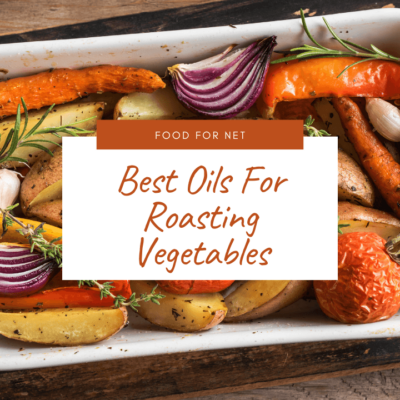
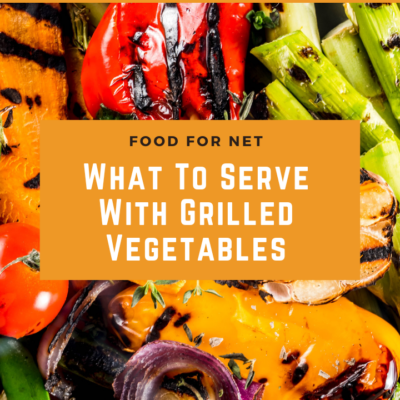
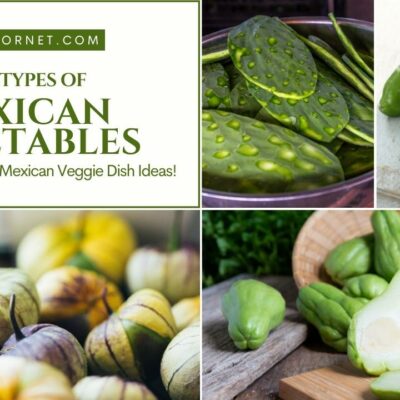
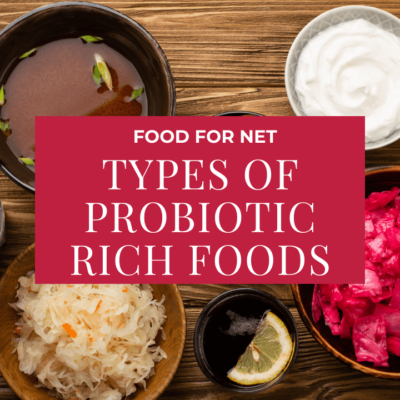

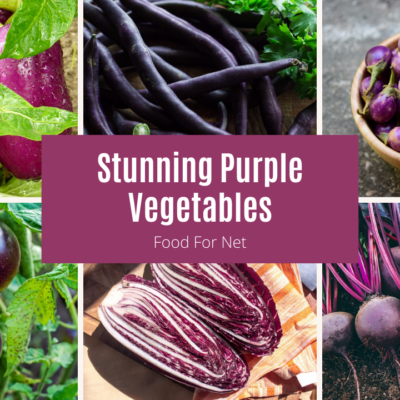
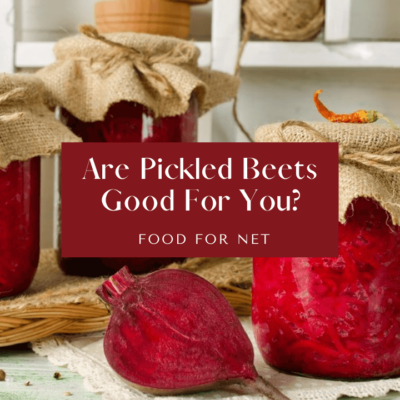
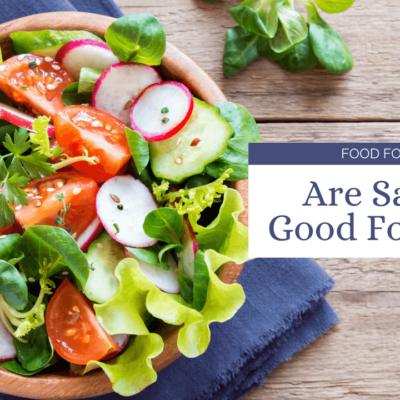
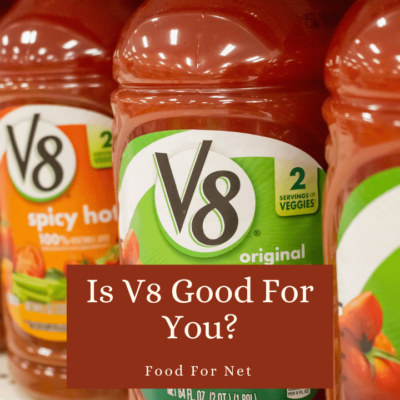

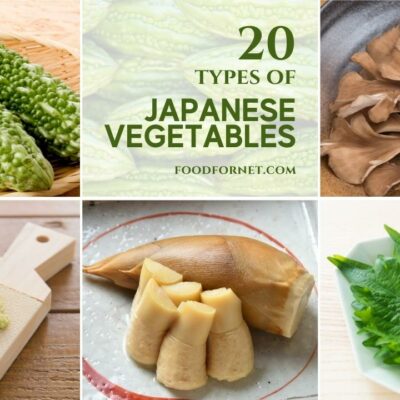


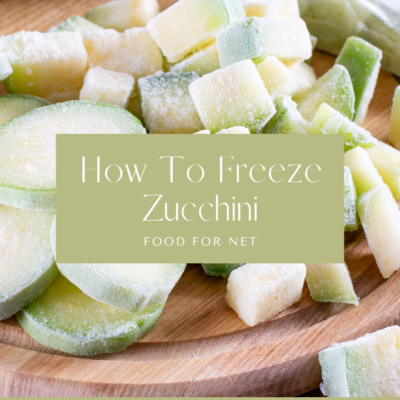
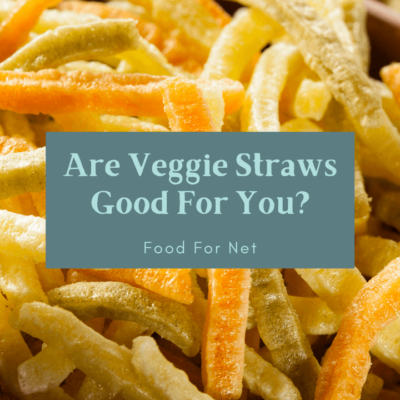
 38 Foods For IBS That You Can Turn To Without Stress
38 Foods For IBS That You Can Turn To Without Stress
Leave a Reply